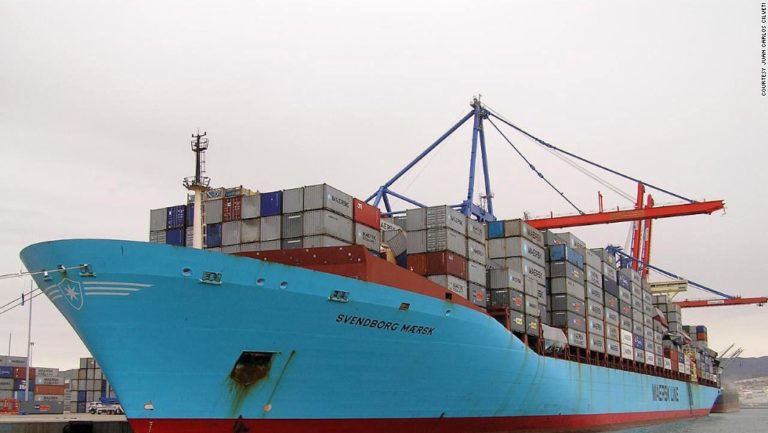Farmers’ associations have called on the three tiers of government to employ holistic approach toward addressing the challenges facing the agricultural sector in the country.
The farmers, Mr John Olateru, the Chairman, All Farmers Association of Nigeria (AFAN) in Oyo State and Mr Samuel Akinade, the Chairman, Rice Farmers Association of Nigeria (RIFAN), made the calls in Ibadan on Tuesday.
Olateru said that whilst the rainfall was okay last year, lots of farmers in the South-West were misguided by the NiMET weather prediction of the end of rainfall which doesn’t tally with what happened.
“That fooled some of the farmers into thinking according to Nimet that they are still okay, if they can get one more rain before the end of October cum first week in November.
“But, a lot of them were caught off guard, especially Soya and Maize farmers, because the rain stopped when their crops were budding,” he said.
Olateru said that the government’s interventions in the sector in 2022 were not felt by the real farmers due to numerous factors.
The association chairman said that the intervention, in form of loans, was given out to some farmers at the wrong time.
“It seems farmers were on their own and this is rather unfortunate, because the ANCHOR Borrower Scheme failed. The Central Bank Of Nigeria (CBN) is now busy chasing poor farmers all over to recover its money,” he said.
Olateru said that the COVID-19 challenges were still there as they spilled over because farmers have not been able to recover to their initial state before the pandemic.
He identified other challenges shooting up the cost of production to cultivating a hectare of farmland and devaluation of the Naira.
“Tractorisation went up by more than 150 per cent from N5,000 to cultivate a hectare to about N15,000, chemicals went up more than 300 per cent and the same goes for fertilisers and these are having effects on the produce from the farm.
“This is because what farmers can sell at the farm gate at N80,000 for them to take it home, it will be sold at N200,000 for the same product,” he said.
The chairman called for more sincerity and transparency from the government and to get help directly to the farmers with limited intermediaries.
“Now, we have AFAN working with the Federal Ministry of Agriculture, if CBN wants, we can work with them and by this whatever is given to farmers at a subsidised rate to the farmers will get to them directly.
“To bring the cost of food down then, the government must assist the farmers with chemicals and fertilisers as well as reduce the bureaucracy to get them to the farmers at a subsidised rate,” he said.
Olateru said though, food prices were going up, farmers were not breaking even due to the cost of diesel which was affecting transportation.
Also, Akinade said that though, Federal Government has tried so much it needed to consider irrigation more for rice farming because rice thrives better, especially in the dry season.
“Generally in farming, the issue of insecurity is very alarming and it is a major issue that should be tackled headlong. Many farmers have decided not to return to their farms until the issue of insecurity is addressed, this is the current reality.
“Some of us who go to the farm do so in fear and carefulness. You panicked hearing any sound around you and no farmer can be productive this way. So, many farmers worked, but they could not harvest,” Akinade said.
He stressed the need for both state and local governments to do more than paying lip service to agriculture, especially value addition as most commodities become rotten, due to lack of storage facilities and their perishable nature.
Akinade said that lack of storage facilities had negatively impacted farmers who had to sell below the cost price and had no backup in case of emergencies such as flooding and drought.














